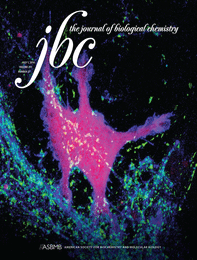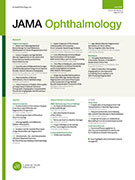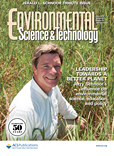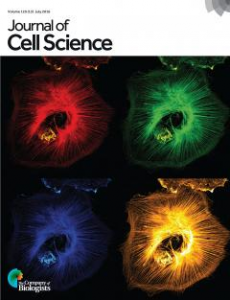
A diabetes researcher who sued to stop a publisher from retracting his papers has just received his seventh retraction.
The latest retraction for Mario Saad, who is based at the University of Campinas (Unicamp) in São Paulo, Brazil, is for a PLOS ONE paper (which was altered last year by a mega-correction). Although an institutional investigation found no evidence of research misconduct, the notice states:
the preparation of the figures falls below the standard of publication and therefore the authors and the editors have agreed that the correct action is to retract the article.
Saad previously sued the American Diabetes Association (ADA) to remove expressions of concern from four of his papers published in the organisation’s flagship journal, Diabetes. However, all four of the papers were later retracted after the suit was dismissed in 2015.
Here’s the new retraction notice, issued July 8: Continue reading Researcher who sued to stop retractions earns his 7th




 A JAMA journal has quickly issued a correction for a 2016 paper after the author failed to mention several relevant conflicts of interest. Normally, we’d see this as a run-of-the-mill correction notice, but since we reported last week that a
A JAMA journal has quickly issued a correction for a 2016 paper after the author failed to mention several relevant conflicts of interest. Normally, we’d see this as a run-of-the-mill correction notice, but since we reported last week that a 


